

Wow, really interesting, thanks!
It didn’t fix everything, or even fully fix my Redis container. But it did improve things a lot. This is now my full Redis logs:
2025-12-29T17:01:52.277109213Z Redis has started
2025-12-29T17:01:52.746857972Z 7:M 30 Dec 2025 03:01:52.746 # WARNING: The TCP backlog setting of 511 cannot be enforced because /proc/sys/net/core/somaxconn is set to the lower value of 128.









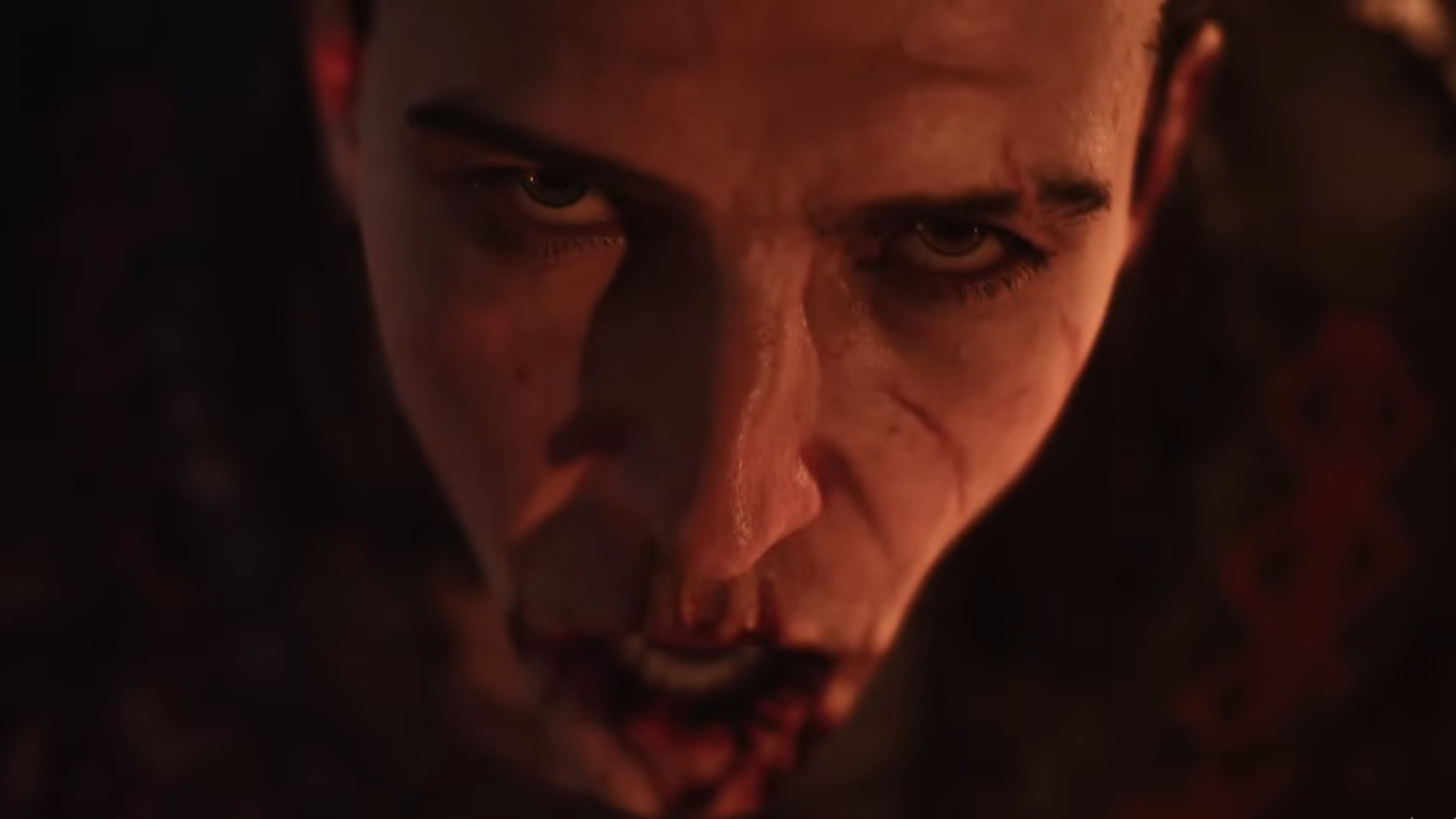

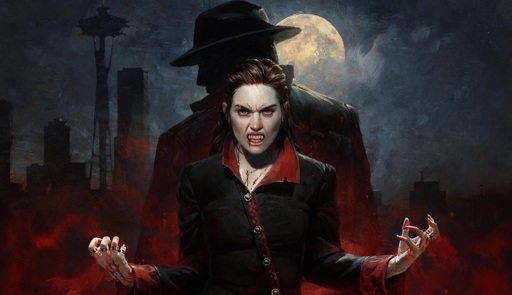
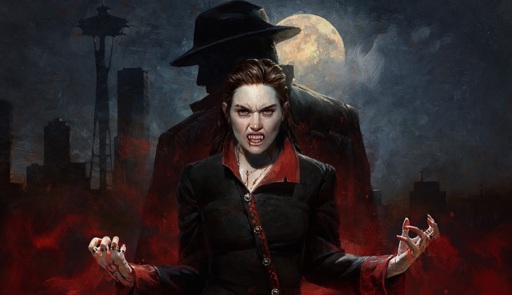
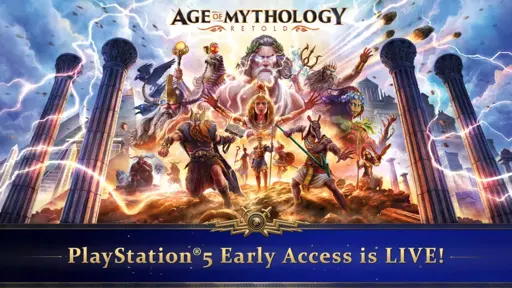
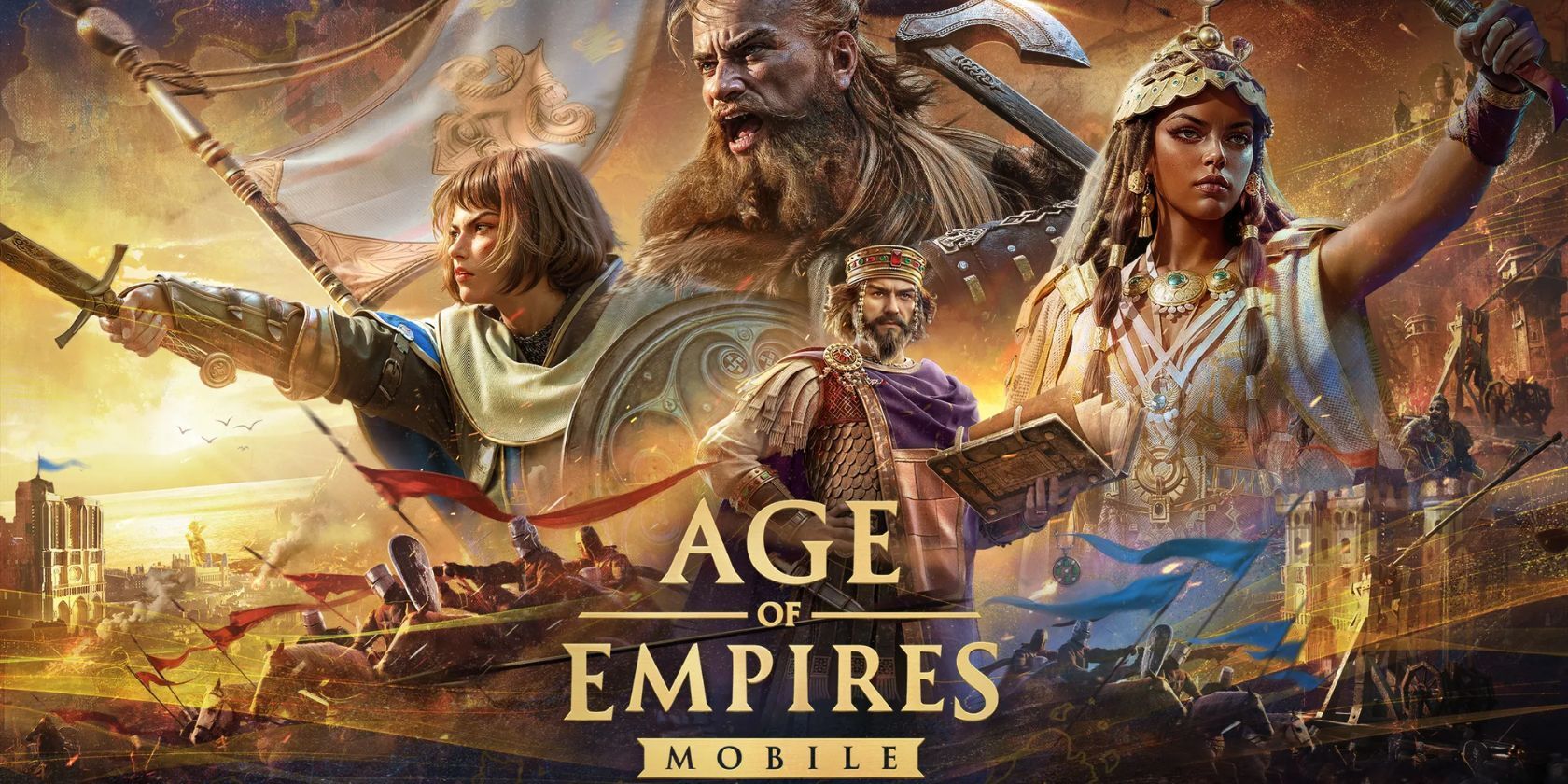
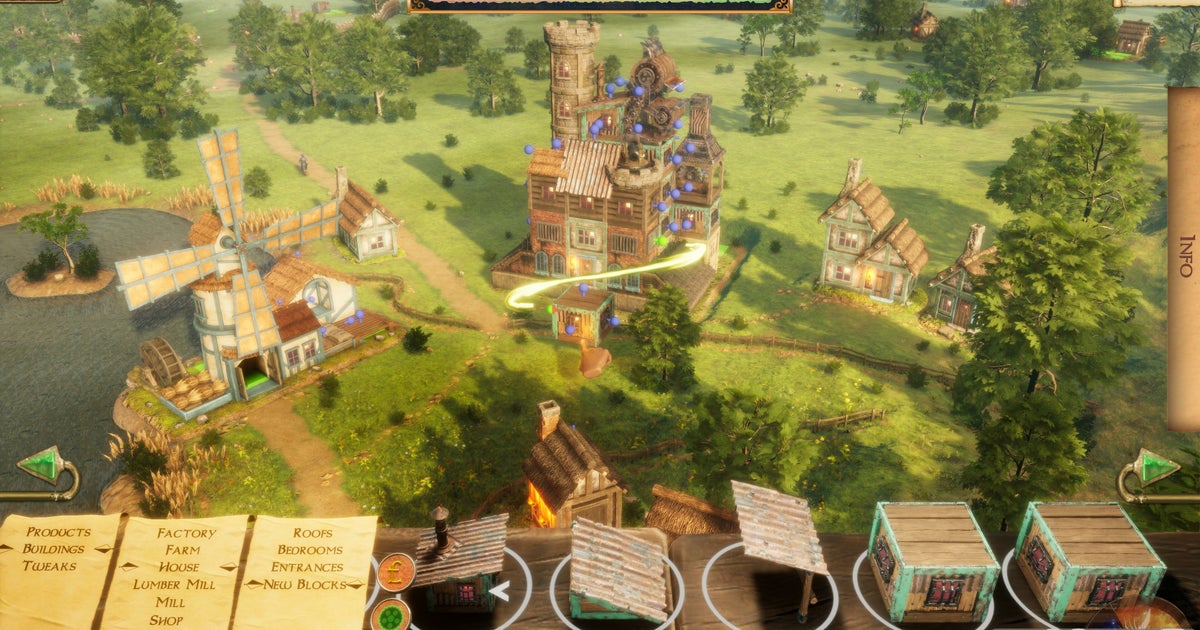
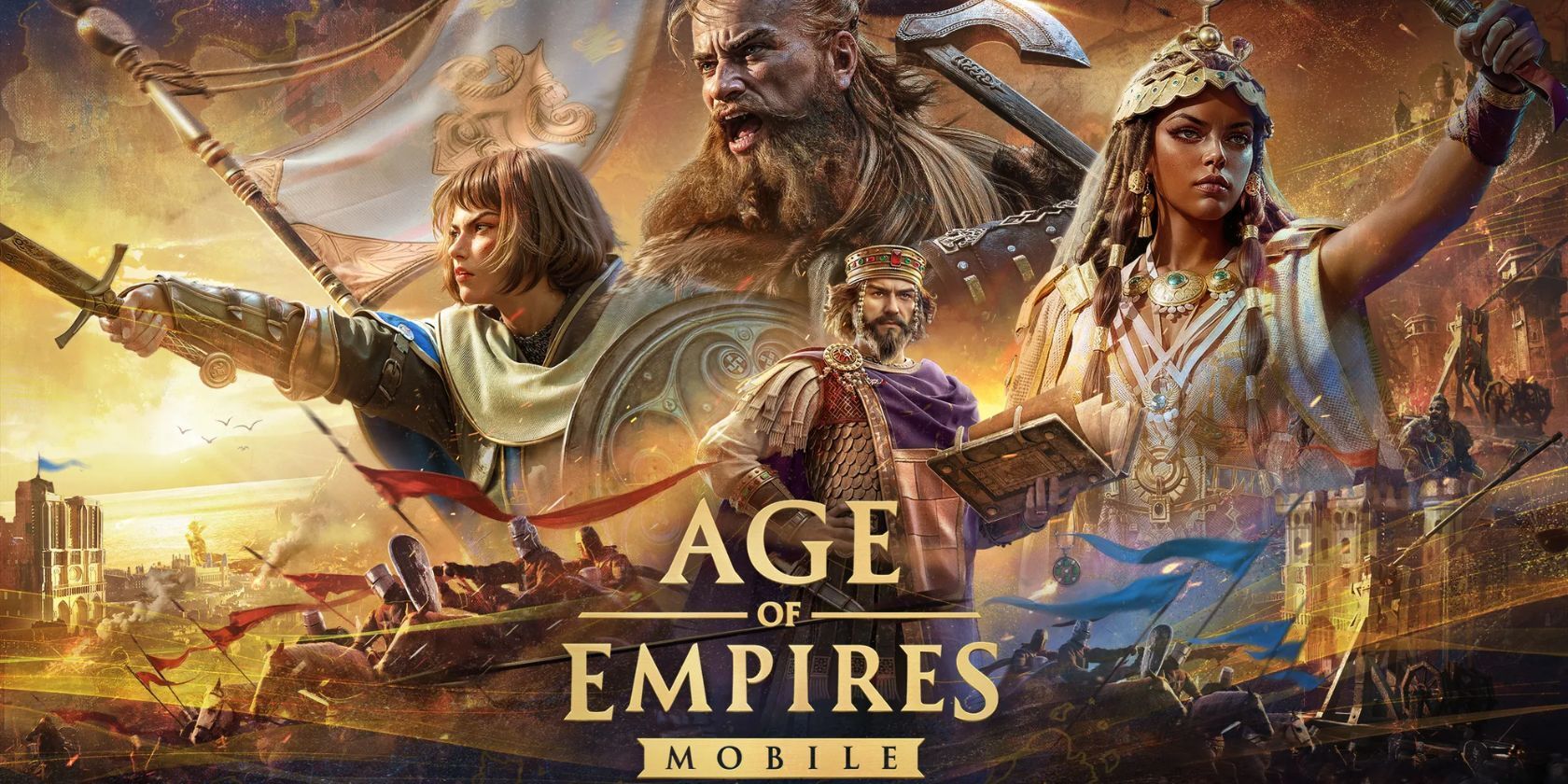
I suppose then, for any child born around 00:10 on 1 January, there might be some pressure to encourage the doctor to write the birth certificate as something more like 23:50 on 31 December? Because of the social prestige with being older?
Or maybe the opposite, since being physically older than your peers is correlated with better academic and sporting performance?